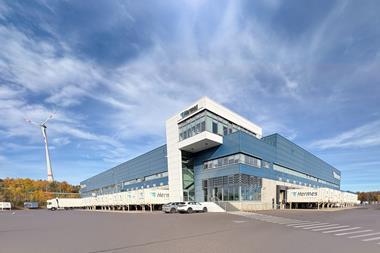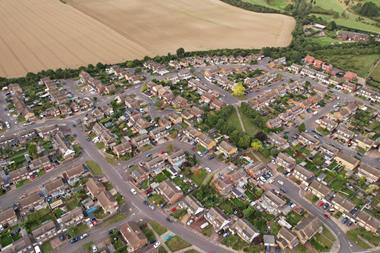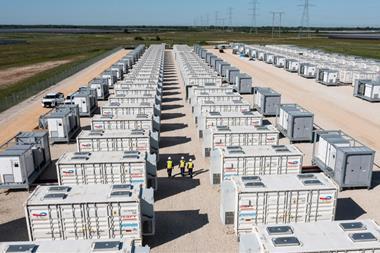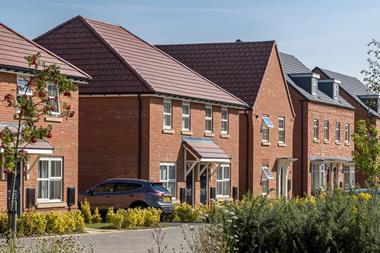The London office market is witnessing a record amount of refurbishments as owners race to get ahead of incoming energy-efficiency regulations.
According to Deloitte’s London Office Crane Survey, which tracks office development trends, 37 new refurbishment constructions were started covering 3.2m sqft – the highest number and volume recorded since records began in 2005.
Deloitte attributed the increase to the anticipated Minimum Energy Efficiency Standard (MEES) regulations which will require office buildings to achieve an energy performance certificate (EPC) B rating by 2030.
Office landlords are coming under growing pressure to upgrade and retrofit office buildings to adhere to incoming environmental regulations, meet demand from tenants for modern and energy-efficient space and, in many cases, reach their own net-zero targets.
Margaret Doyle, chief insights officer for financial services and real estate at Deloitte, said: “Following pandemic-induced home working mandates, many businesses are now encouraging office attendance more proactively and are considering how to attract employees back to the office.
“Tenants’ shift toward quality over quantity has led to a desire for attractive, sustainable, well kitted-out space, close to transport hubs and amenities. We expect that the need to bring offices up to scratch – especially in terms of energy efficiency – will drive London’s development for the rest of the decade.”
Deloitte said developers were seeking clarity around the definition of net zero, but were “in essence, eager and committed to achieving it” and there was a “belief that developments will hit their net-zero targets between now and 2030”.
Philip Parnell, real estate valuation lead at Deloitte, said: “At a time when many of the traditional drivers of development activity such as capital value growth are lacking, a combination of positive ESG-related opportunities and downside stranding risks associated with physical obsolescence and accelerated value erosion, means there is strong stimulus for renewal.”
Developers ‘cautiously optimistic’ on London
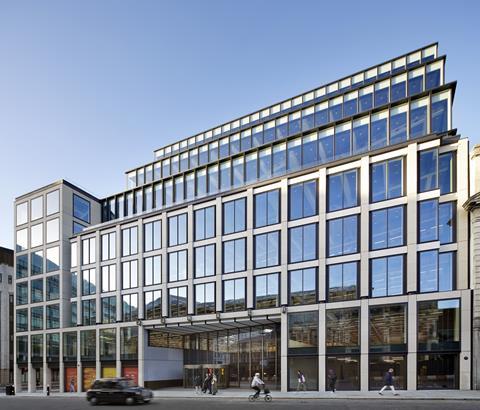
New office starts have risen by almost 80% since Deloitte’s last survey, published in December 2022. Volume is now at 4.4m sqft and new construction is starting across 50 schemes. The average new scheme size has risen from around 79,000sqft to around 88,000sqft.
West End new starts are up for the second consecutive survey with the volume rising to 1.3m sqft, showing it is a market of increasing occupier focus. In contrast, new starts in the City have dropped to just under 600,000sqft – although there has been a steady decline in activity over the past few survey periods.
Sophie Allan, director in real assets advisory at Deloitte, said: “Developers seem to be cautiously optimistic about the future of London’s development pipeline. Positive signs include a huge increase in the volume of new starts compared to the previous survey, and the highest volume of refurbishment starts on record, as developers race to avoid obsolescence.
“New infrastructure and expanding transport links have attracted people to previously overlooked areas like ‘MidTown’ and the eastern fringes of the City. This is undoubtedly a vote of confidence in London after the intense disruption of the pandemic, disturbance to supply chains and rising inflation experienced over the past year.”
A total of 22 schemes, covering 3.6m sqft, that were previously estimated to complete within this survey period, have now pushed their estimated completion dates to the remaining three quarters of 2023. With over 10m sqft now projected to complete this year, 2023 looks to be on track to catch up with many long-delayed completions, the Deloitte survey found.
Allan added: “Whilst construction levels remain high, developers are acutely aware of elevated construction costs, which remains the biggest challenge, with both labour and material seen as major drivers.”
To read the latest edition of the latest IPE Real Assets magazine click here.













